North Korea (Democratic People’s Republic of Korea) lives under the economic and political regime of ‘Juche’: a classless society based on the principles of political independence, economic self-sufficiency and military autonomy. In 1995, a major famine forced the government to request emergency humanitarian aid, which was transformed into development cooperation in 2006. Since then, only five international NGOs, including TGH, have been allowed to carry out humanitarian and development programmes with permanent expatriate staff.
The entire population suffers from health problems due to food insecurity, poor access to health services, lack of access to water and inadequate sanitation infrastructure. What’s more, the food situation has recently deteriorated significantly. North Korea closed its borders in 2020 due to the COVID-19 epidemic. This near-total isolation, coupled with the vagaries of the weather, has created a complex humanitarian emergency.
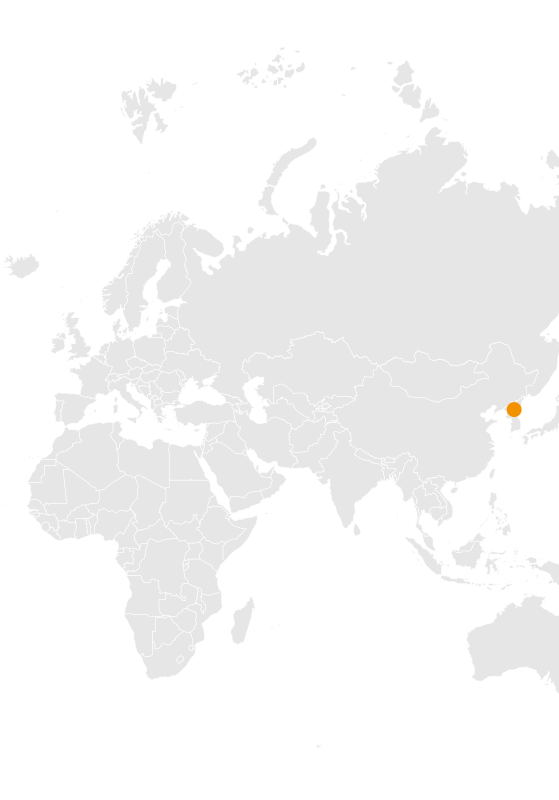
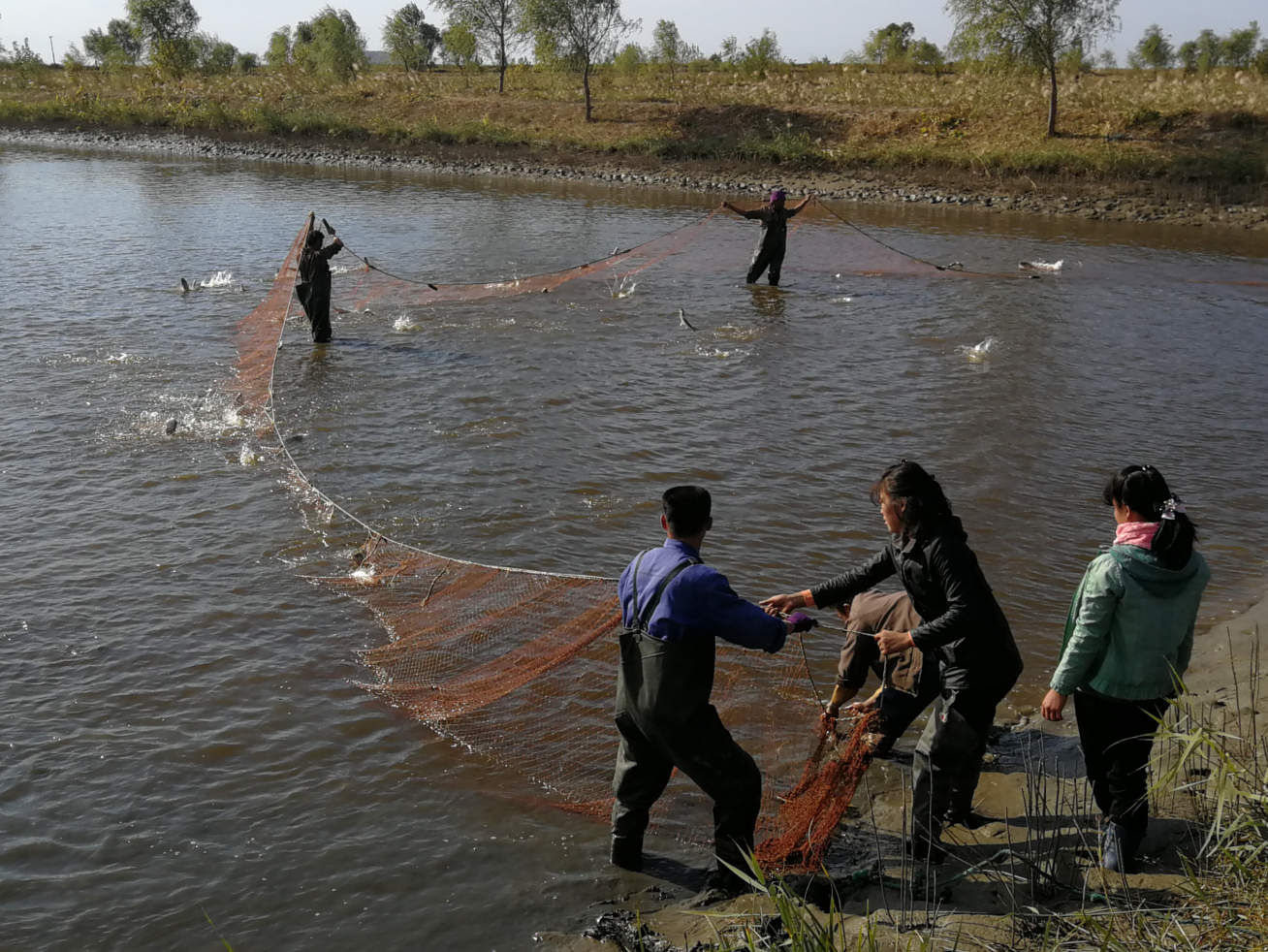
Since 2000, TGH has been active in a number of areas: agricultural development/food security, rehabilitation of drinking water supply systems, improvement of health infrastructures, distribution of food aid in children’s institutions, improvement of living conditions in old people’s homes, support for an association promoting the rights of the elderly. However, in 2020 and with the closure of the borders, TGH’s activities had to be temporarily suspended and will resume once the borders are reopened. Before the borders were closed, TGH was implementing two projects.
A project to improve the nutritional value of children’s meals by integrating animal proteins and diversifying vegetable production: TGH is continuing its involvement in integrated fish farming systems initiated in the early 2010s by supporting the rehabilitation of infrastructure, providing equipment and training in aquaculture techniques. TGH is also improving the diversity of the food supply through various initiatives in vegetable production and post-production.
Since 2004, TGH has been helping the Korean Federation for the Support of the Elderly (KFCA) to improve its organisational capacity and expertise in the field of care and services for the elderly.


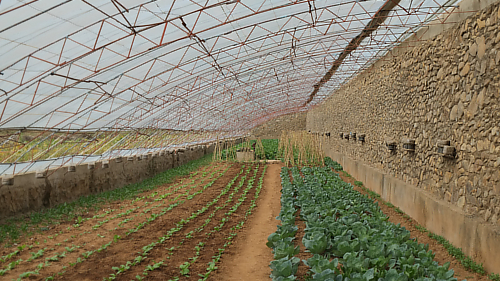
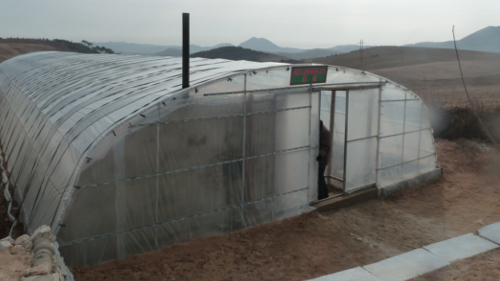
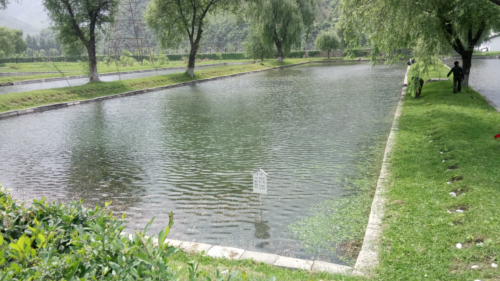
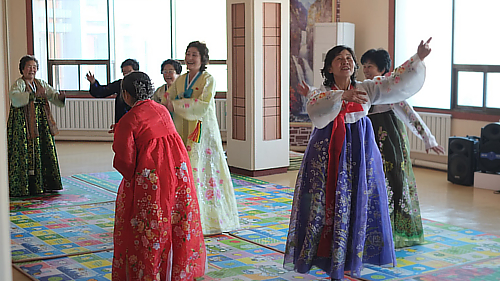

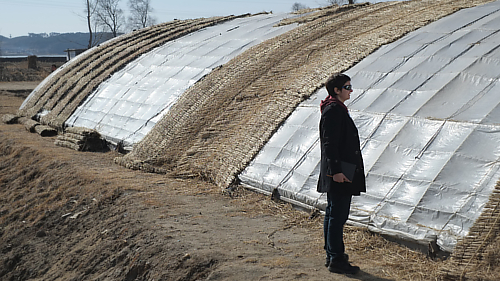
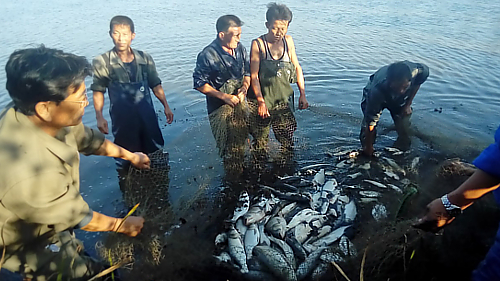

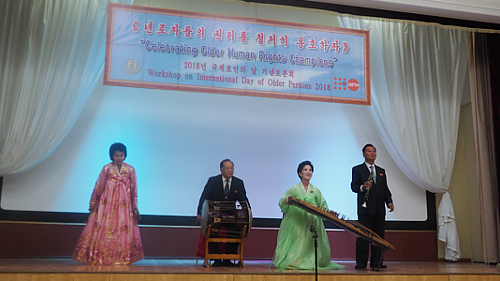
1 rue de Montribloud 69009 Lyon